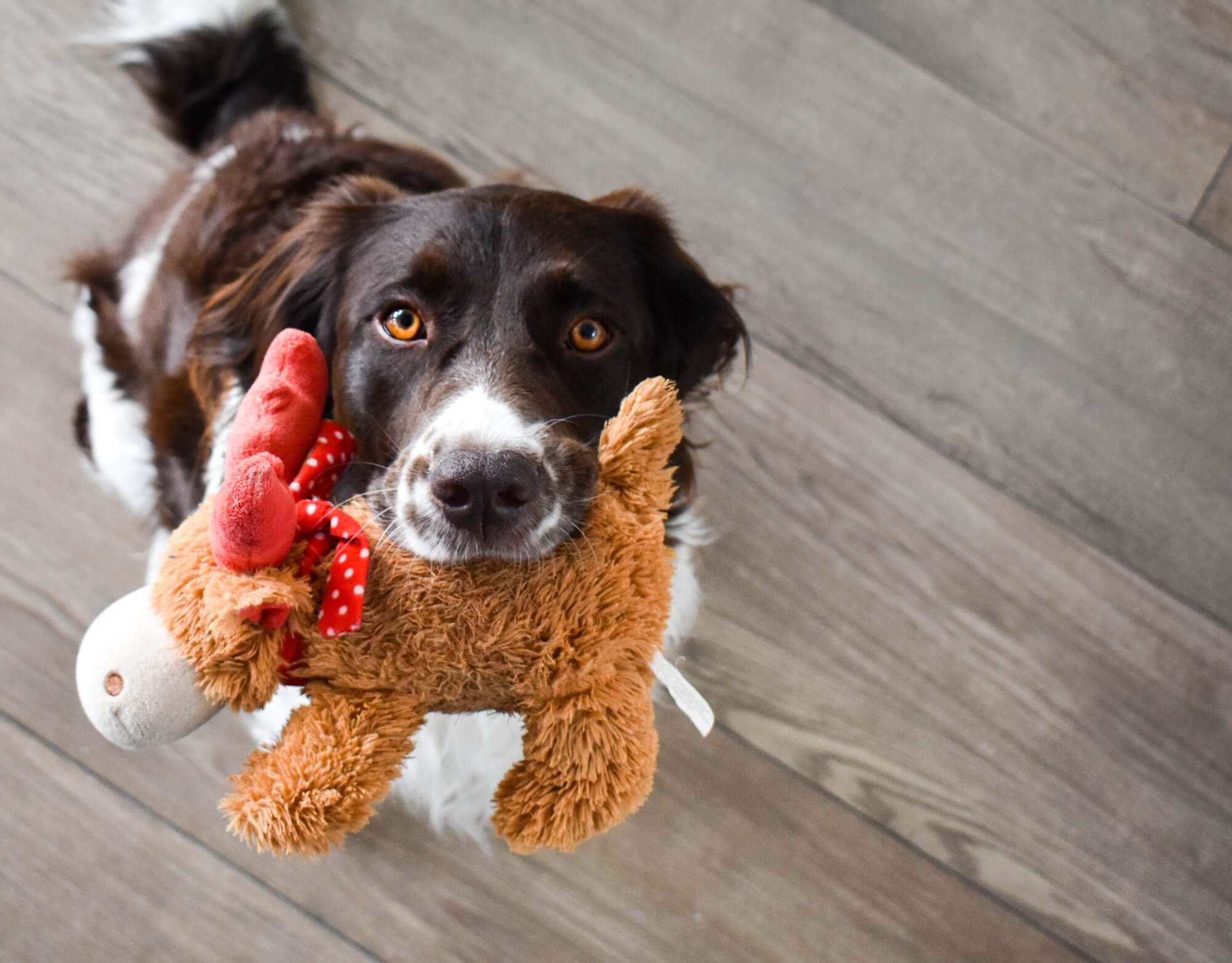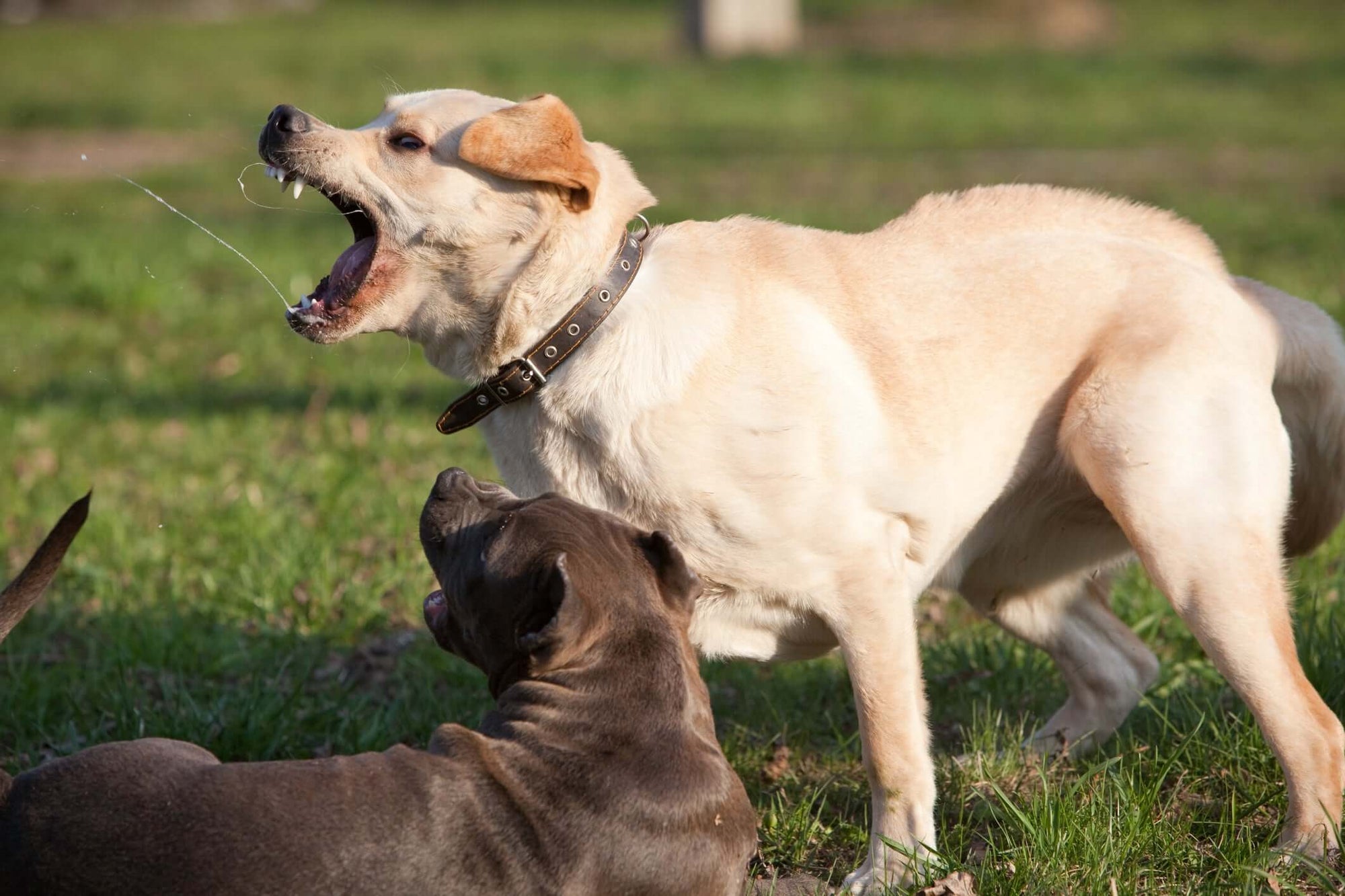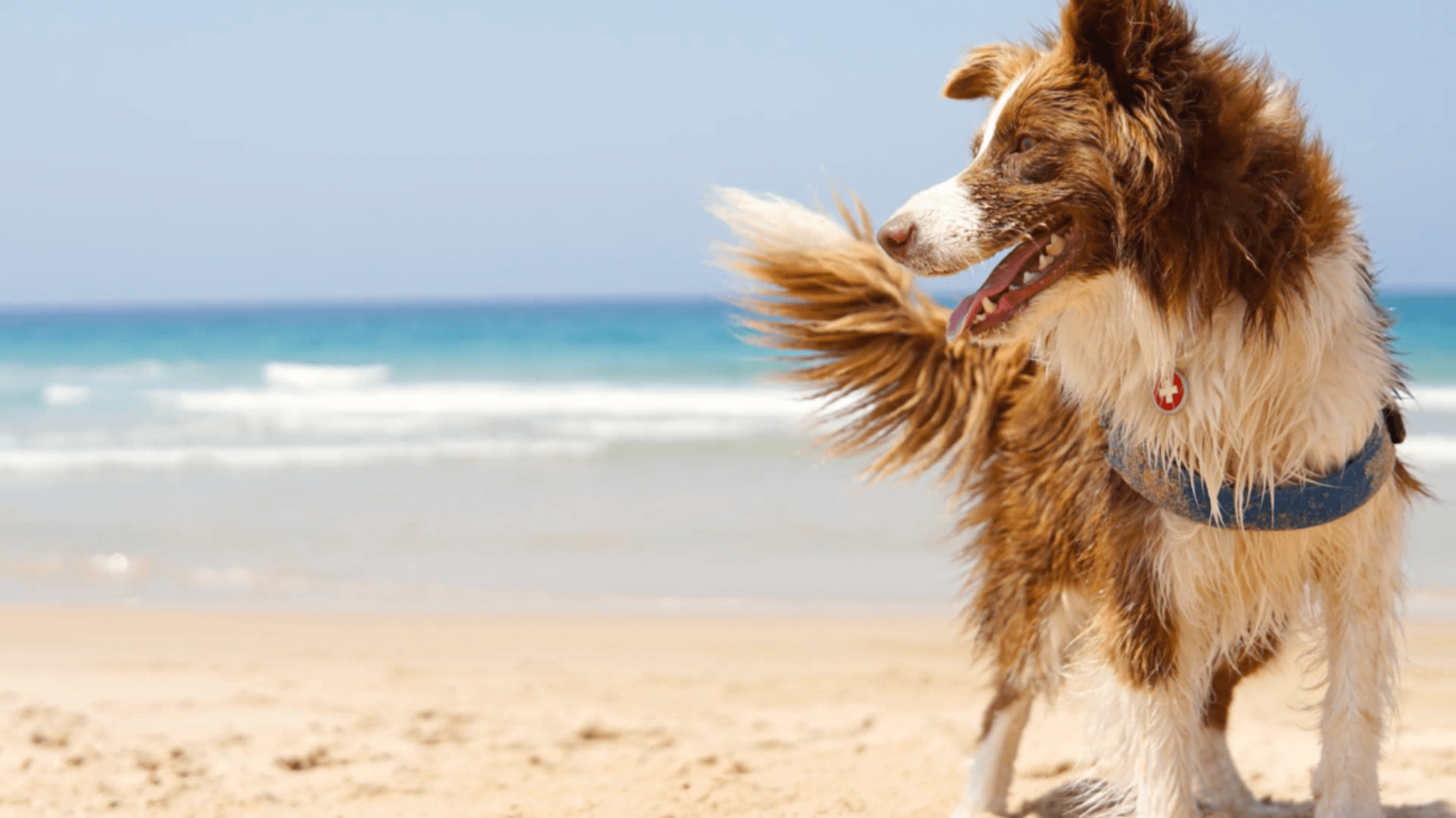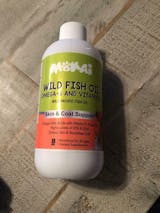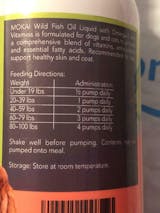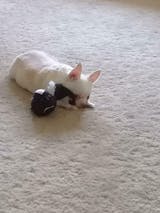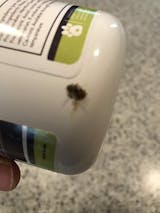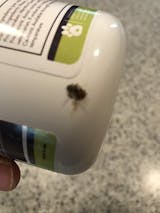Luckily, every day more awareness is being raised about the importance of dog dental health. More pet parents are learning the importance of taking care of their dog’s teeth. But with consciousness also come doubts and questions. One of the most common ones is if we can use a human toothbrush on dogs. Well, today we’ll answer it for you.
Good news: yes, you can use a human toothbrush to clean your dog’s teeth. Using a toothbrush is a great way of cleaning your dog’s teeth. BUT, there are some things you should keep in mind.
What type of toothbrush should I use for my dog?
The first thing you should take into consideration is the type of toothbrush you are going to use. If you use one that’s not fully appropriate for your pup, you might end up hurting their gums.
The most important thing to keep in mind is to use a soft toothbrush. If you are going to use a human toothbrush for your dog, make sure to look for one that has soft bristles. Otherwise, as mentioned before, your pup’s gums might end up wounded.
Nevertheless, if you are looking to invest in a specific pet toothbrush, there are many great options that will make the brushing easier for you and more bearable for your pup. The most common types of toothbrush for dogs are:
- Finger toothbrushes: it’s extremely practical for getting your hand inside your dog’s mouth and reaching the bottom parts of it.
- Small brushes: this type of pet toothbrush tends to be easier to handle than the regular size ones we use. It will be easier for you to maneuver.
- Angled handle: this type of toothbrush is great for reaching the hardest part to reach of a dog’s mouth, such as the bottom teeth.
- Multiple heads: toothbrushes with multiple heads are useful for brushing different parts of your pup’s mouth at the same time. This toothbrush is ideal for dogs who don’t enjoy the teeth cleaning experience that much. This way, the process will be much faster.
Should I brush my dog’s teeth with toothpaste?
There are two answers to this question: yes and no.
You must never use human toothpaste to brush your dog’ teeth, since it represents a serious hazard for them. It contains ingredients (xylitol and fluoride) that will cause health issues such as vomiting, diarrhea, increased heart rate, seizure and stiffness, among others.
If you want to learn more about why human toothpaste is bad for dogs, you can read this article we have written about it.
So, just with a toothbrush your dog’s teeth will be cleaned? Well, as a matter of fact, some vets recommend using nothing but a toothbrush and water to clean your dog’s teeth.
If you start brushing your dog’s teeth regularly at a young age, you can definitely follow this technique. But, if you haven’t been cleaning your pup’s teeth regularly and some plaque has already accumulated, they recommend using a dog toothpaste.
Yes, that’s right! There are some toothpaste specifically made for dogs. In order to find the best one for your dog, you should talk to your vet. They will determine which brand suits your pup best.
Wait! Don’t think that you can only use a dog toothpaste on your pup once plaque has accumulated. Oh no. Many vets recommend its use for dogs who don’t enjoy brushing their teeth so much. By using a toothpaste, you will make the whole process more appealing for them. Why? Well, because most of them have a delicious taste (only for them) such as beef or peanut butter. Therefore, they will enjoy the brushing and feel like they are eating a treat.
How to brush your dog’s teeth?
Now that we have established the tools you need to brush your dog’s teeth, let’s dive right into the other big question: how in the world can you brush your dog’s teeth?
Although there are some dogs that have no problem with teeth brushing, the majority of pups don’t appreciate having a toothbrush in their mouth. If this is your case, don’t worry! Because there are some tips you can follow to help your dog get used to this healthy habit.
- If you are using toothpaste, make sure to let your dog taste it first. They can lick it off your finger or directly off the toothbrush. By doing so, your dog will learn that they like what you’re giving them and won’t be so reluctant when you try to brush their teeth with it.
- Help your dog get used to the feeling of having your hand inside their mouth. You can do so by gently lifting your dog’s lips with your fingers. When they let you do so, reward them with praise.
- Once you are both ready, you can try brushing your dog’s teeth with a toothbrush and toothpaste. Gently lift their lips as you have been practicing the last few days. Start brushing their teeth in circular motions and trying not to apply too much pressure to the gums.
- When you’re starting off with this process, you can try to focus on the teeth where plaque and tartar accumulate the most: the canine teeth and the large cheek teeth. Once you are both more confident with the teeth brushing, you can start covering every tooth.
Alternatives to brushing dog teeth
Many dogs and their parents just don’t feel comfortable with using a toothbrush. This technique just doesn’t suit them. And it’s totally okay.
The good news is that there is an amazing alternative to brushing dog teeth. It definitely is easier to use and it cleans your dog’s teeth even more effectively than a toothbrush!
This famous alternative to brushing dog teeth we are talking about are dog dental wipes. As you have deduced from their name, they are wipes. And as you can imagine, they are incredibly easy to use.
Dental wipes for dogs not only help reduce plaque, tartar and calculus, but they also reduce bacteria that causes bad breath (we all know how intense bad breath can be on dogs) and prevents gum disease.
Wait, don’t leave just yet!
There are some other ways of taking care of your dog's teeth. BUT, these are just complementary habits you can incorporate to your regular teeth cleaning routine. This must not be the only dental care your dog receives. They are just some fun accessible things you can buy for your dog to help clean their teeth, in addition to the dental wipes or toothbrush.
We are talking about dental treats and teeth cleaning toys. You can learn more about them in this article, where we mention their risks, benefits and share some brands we believe are great.



